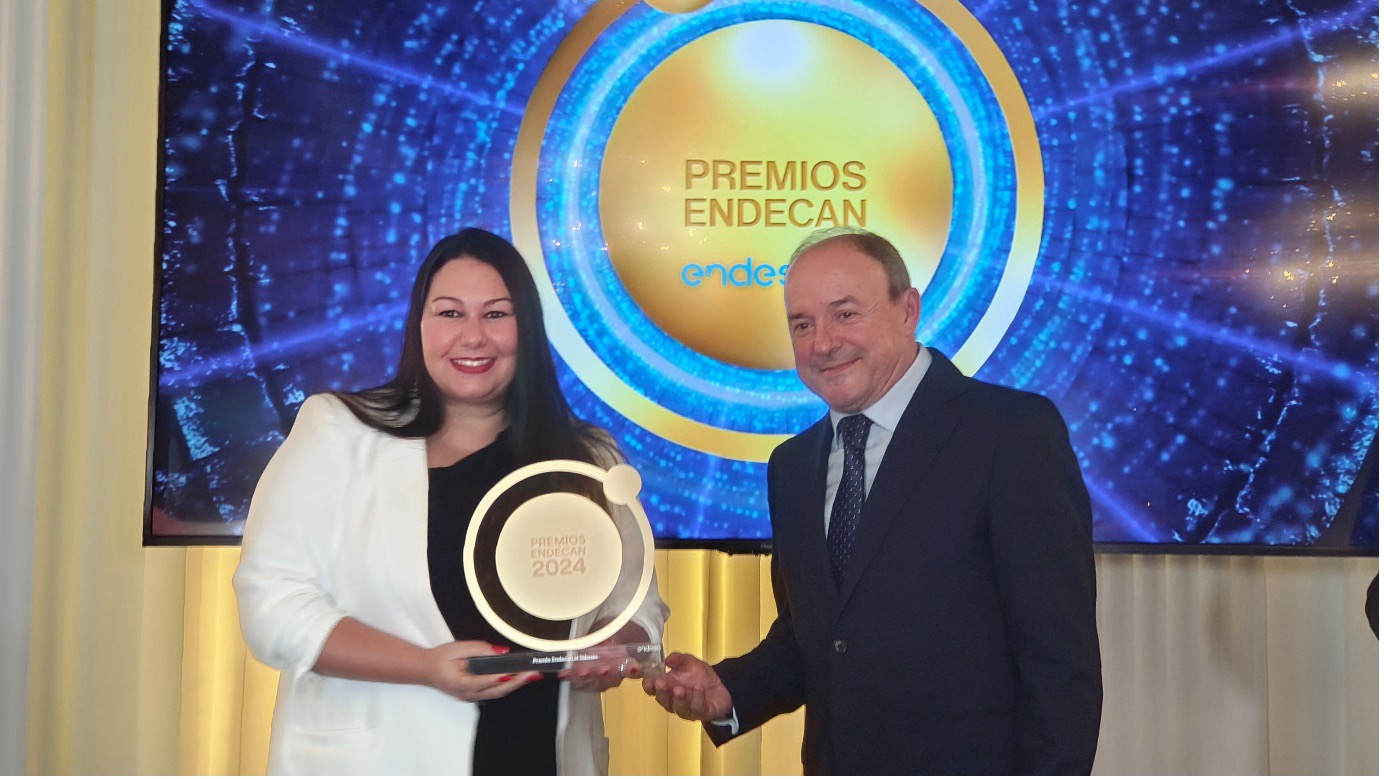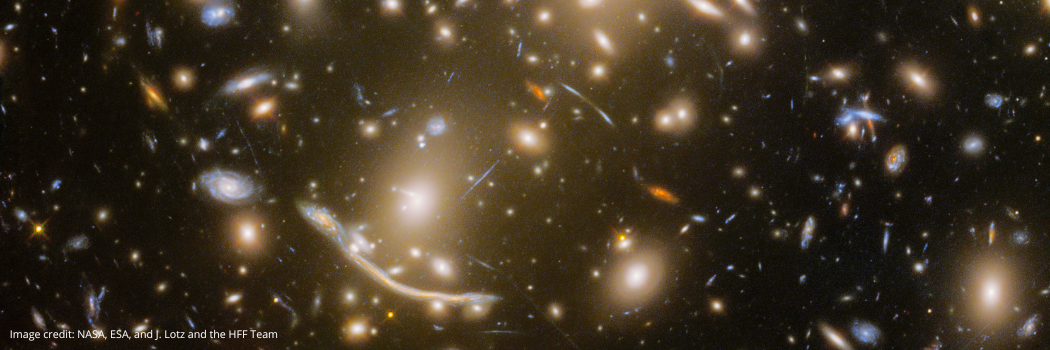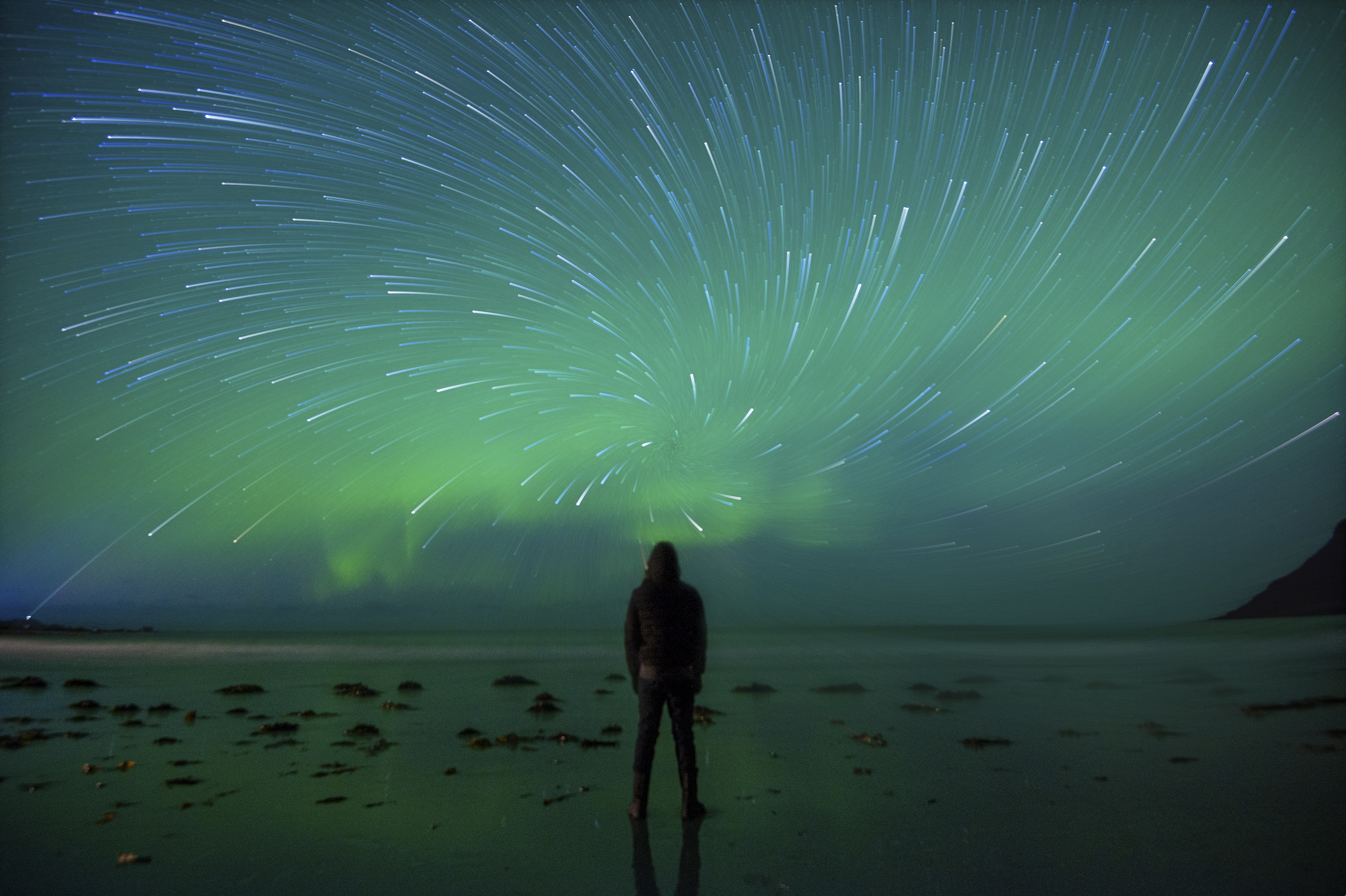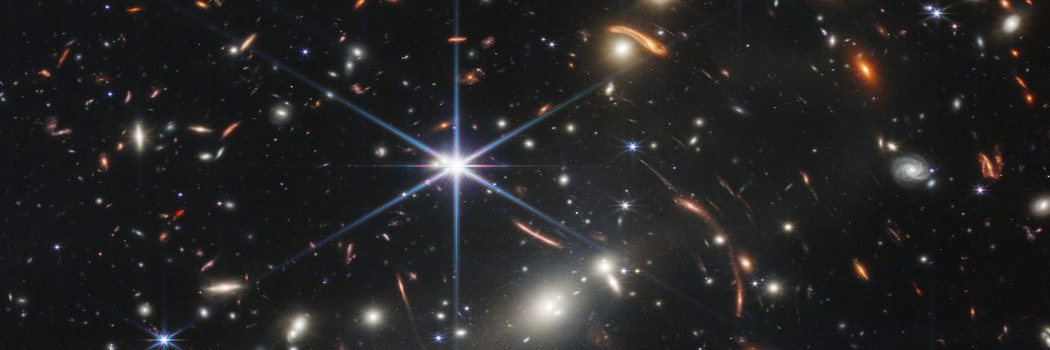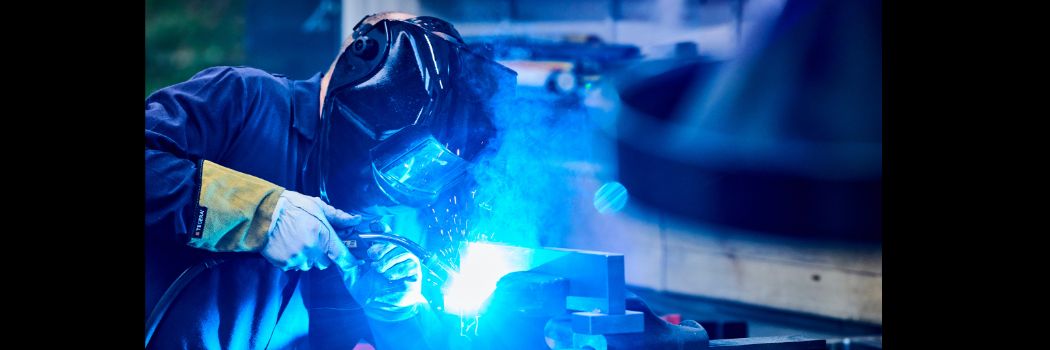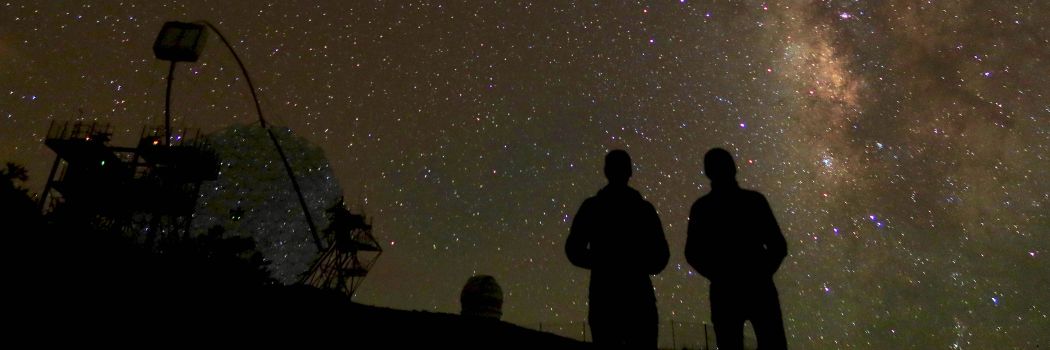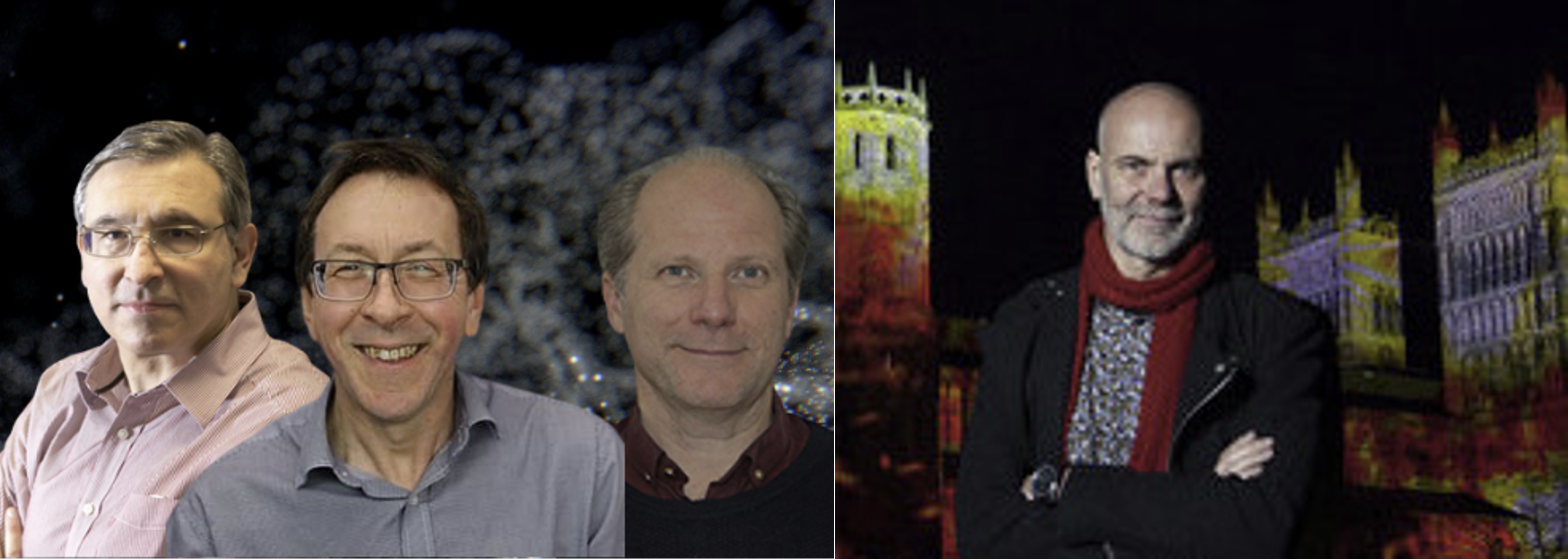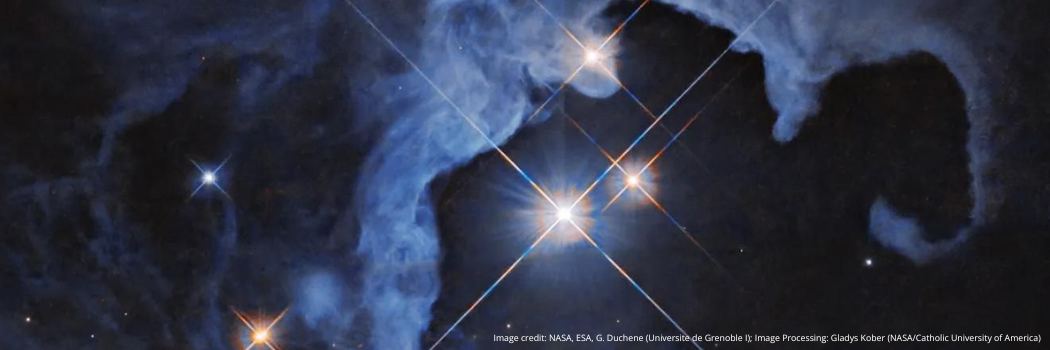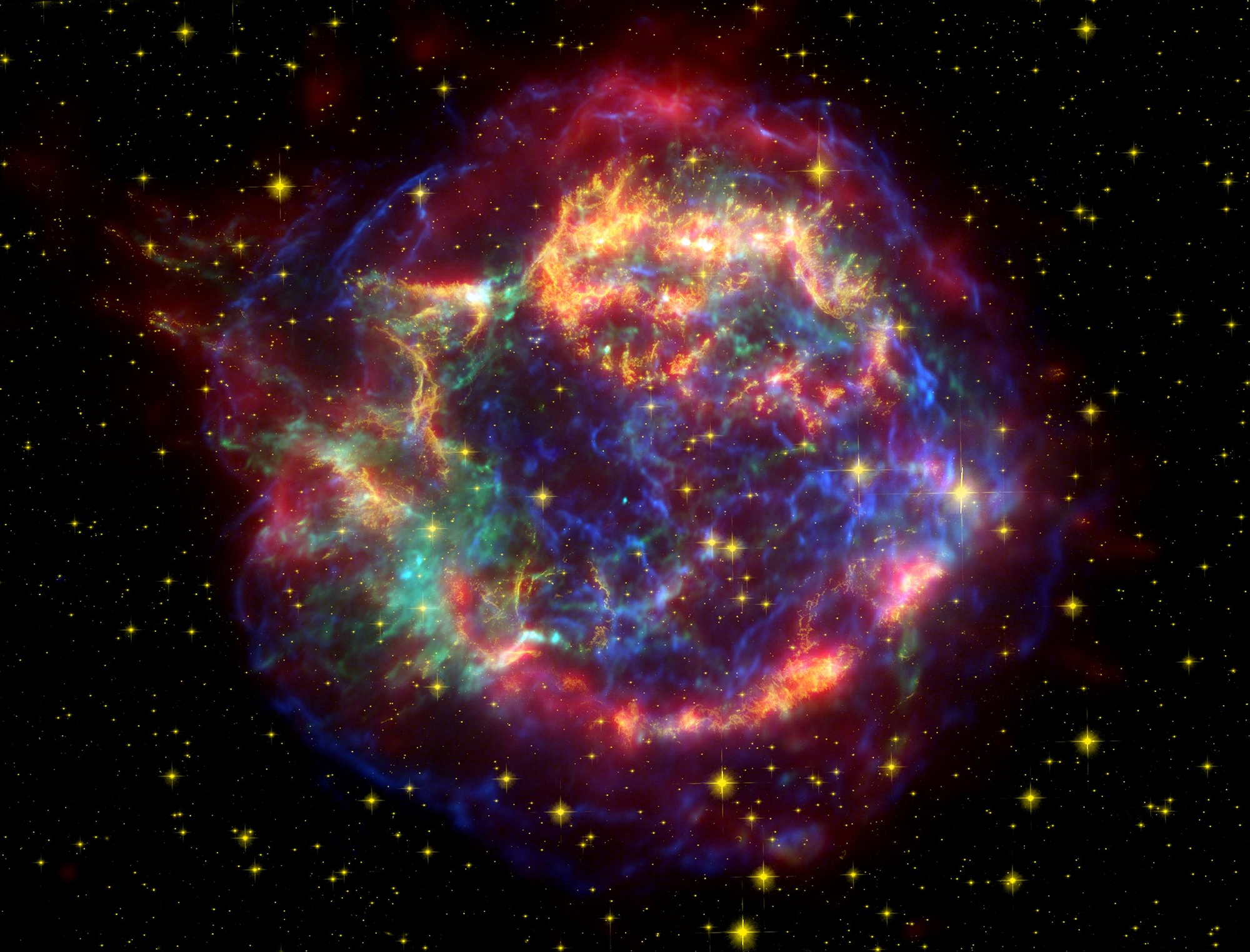Latest News
Spotlight on: Professor Simon Cornish – working at the forefront of quantum physics
Our ‘Spotlight on’ series highlights how our researchers are leading their field and transforming lives. Professor Simon Cornish works at the forefront of quantum physics, using cutting-edge techniques to explore the fundamental laws of nature.
Scientists achieve world-leading quantum entanglement of molecules
Scientists from our top-rated Physics department have set a global milestone by achieving quantum entanglement of individual molecules using cutting-edge magic-wavelength optical tweezers.
Royal Astronomical Society honours Durham scientists
Two Durham scientists whose work helps us to understand the Universe and our own planet are being recognised by one of the UK’s leading learned societies.
Ariadna Calcines Rosario receives the ENDECAN Award for Scientific and Technological Talent
Ariadna Calcines Rosario received the ENDECAN Award for Scientific and Technological Talent in recognition of her professional career achievements in the design and development of image slicer technology for astronomy, her main research area at the Centre for Advanced Instrumentation at Durham University.
Physicists use telescopic trick to discover new stars
An international team of physicists, led in the UK by our Centre for Extragalactic Astronomy, has discovered over 40 previously unknown stars.
The Physics Department Developing Talent Award winners 2024/25 have been announced!
This year's review panel have been carefully evaluating all the applications and are pleased to announce the winners of the 2024/2025 Developing Talent Awards.
Professor Richard Ellis CBE elected international member of US National Academy of Sciences
Professor of Astrophysics and esteemed former Durham colleague, Professor Richard Ellis CBE FRS has recently been elected as an international member of the US National Academy of Sciences (NAS) in recognition of his “distinguished and continuing achievements in original research”.
Leading the world in interdisciplinary research
We have been ranked third in the UK for interdisciplinary science research.
New £5m research centre to support North East England’s growing space industry
We’ve launched a new £5m research centre to support North East England’s growing space industry and lead on the sustainable exploration of the cosmos.
Durham researchers are among the most cited in the world
Four Durham Physics researchers have been named on a prestigious list for their world-leading research.
Professors Carlos Frenk, Adrian Jenkins, Tom Theuns and the late Richard Bower from our Institute for Computational Cosmology have all been recognised in Clarivate’s Highly Cited Researchers list for 2024.
New £5m research centre to support North East England’s growing space industry
A new £5m research centre to support North East England’s growing space industry and lead on the sustainable exploration of the cosmos has been launched, led by Prof. James Osborn of Durham University's Physics Department, a UKRI Future Leaders Fellow and associate professor within CfAI. The Durham University Space Research Centre (SPARC) draws upon our considerable and world-renowned expertise in space technology and research.
Many physicists argue the universe is fine-tuned for life – our findings question this idea
Post Doctoral Research Associate, Dr Daniele Sorini, from our Institute for Computational Cosmology, discusses new research which suggests our Universe may not be especially tailored for intelligent life after all.


/prod01/prodbucket01/media/durham-university/departments-/physics/teaching-labs/VT2A9034-1998X733.jpeg)

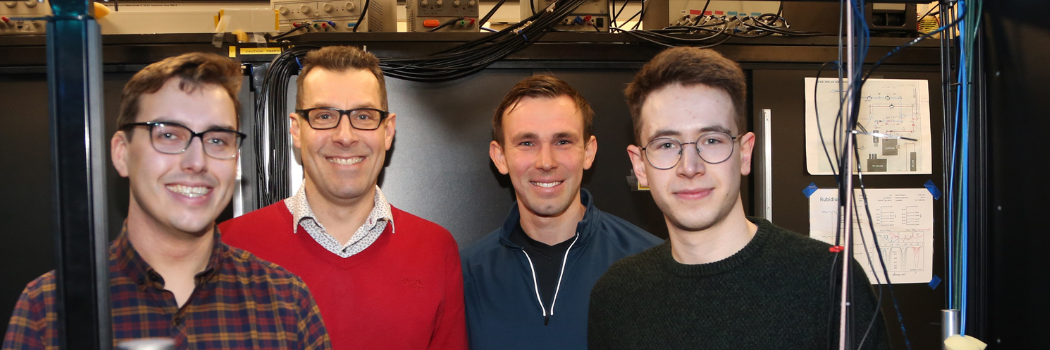
.jpg)
